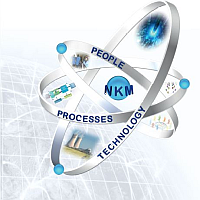Speaker
Mr
Robert Radford
Description
Knowledge Management (KM) has long been a recognized tool for improving the safety, efficiency and effectiveness of nuclear facilities. However, the objectives, tools and mechanisms utilized are often focused on steady-state maintenance of established knowledge and on incremental improvements to current practice.
When nuclear facilities transition from routine operations to project-based decommissioning activities there is a need to reconsider the knowledge objectives, methodologies and tools to ensure that KM practices are relevant to the new activities being carried out and provide solutions to the new challenges posed in decommissioning. It is important that the changes required in preparation for and during the decommissioning phase are factored in to knowledge planning to ensure that KM activities are efficient and effective. This transition requires a change in the KM mind-set and a different way of setting new KM objectives.
| Country or International Organization | United Kingdom |
|---|
Author
Mr
Robert Radford

